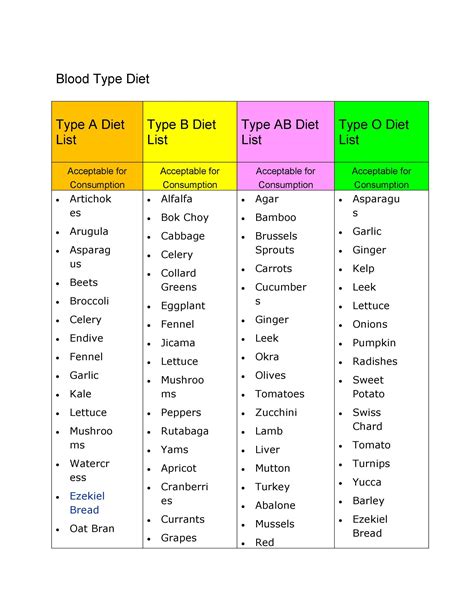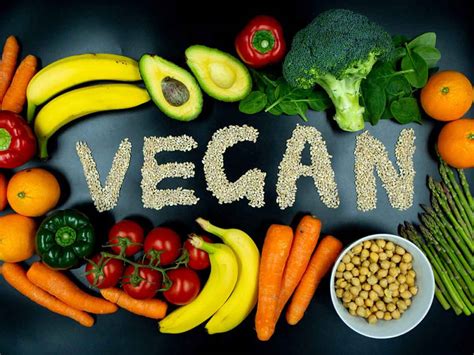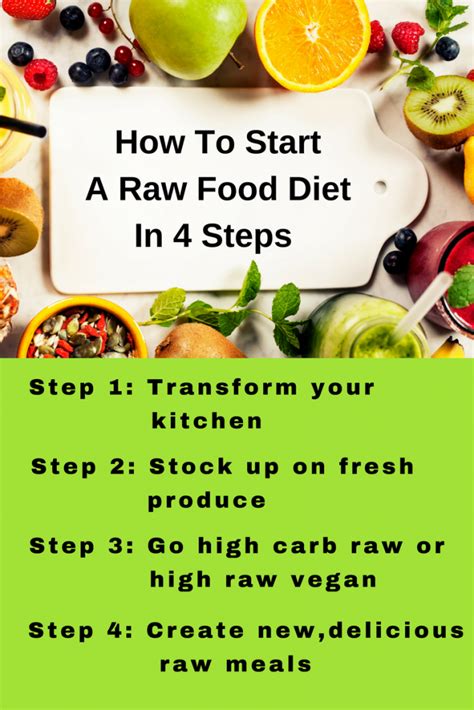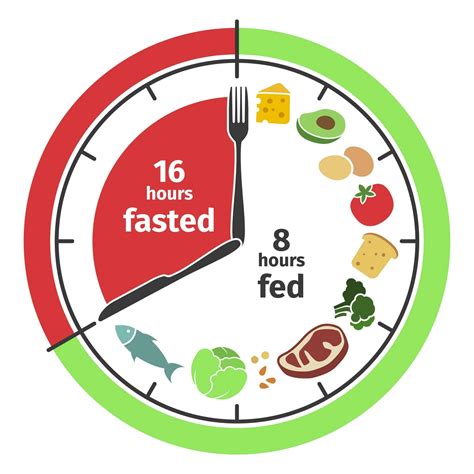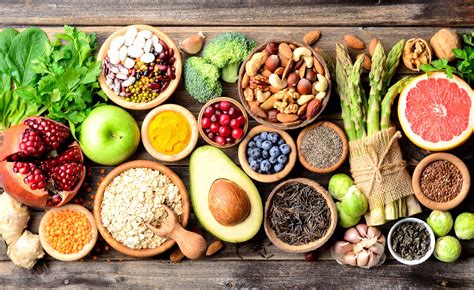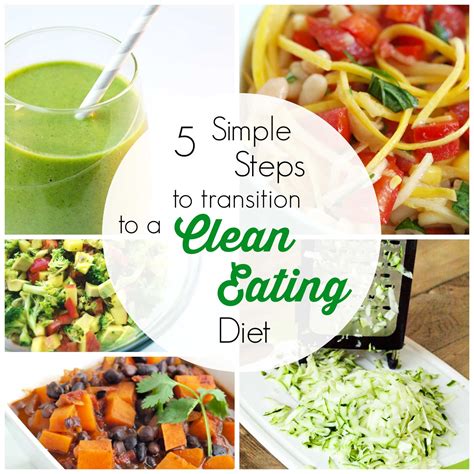Discover the benefits of a plant-based diet, how to transition, build a balanced plate, and meal planning tips for a healthier lifestyle.
What is a plant-based diet?
Contents
A plant-based diet is a dietary plan that focuses on foods derived from plants, including vegetables, fruits, grains, nuts, seeds, and legumes, with little to no animal products. This type of diet is not limited to only vegetarian or vegan options, but rather encourages a greater emphasis on plant foods while minimizing or eliminating animal products. Embracing a plant-based diet involves consuming a variety of plant-based foods in their whole, unprocessed form to promote overall health and well-being.
When following a plant-based diet, the main focus is on consuming plant-derived foods and minimizing the intake of animal products like meat, dairy, and eggs. This approach allows individuals to reap the nutritional benefits of a variety of fruits, vegetables, whole grains, and plant-based proteins while reducing their consumption of saturated fats and cholesterol that are commonly found in animal-based foods. The emphasis on plant-based options also aligns with environmental sustainability and ethical considerations, making it a more holistic approach to food choices.
Overall, a plant-based diet is centered around incorporating a wide range of plant foods into daily meals, supporting positive health outcomes, and minimizing the consumption of animal-derived products. By focusing on plant-based eating, individuals can benefit from a diet rich in essential nutrients, fiber, and antioxidants while reducing their environmental impact and promoting animal welfare.
Adopting a plant-based eating plan can be a fulfilling and satisfying way to nourish your body while also contributing to the well-being of the planet and animal welfare. Whether you are looking to fully embrace a vegetarian or vegan lifestyle, or simply incorporate more plant-based meals into your diet, the flexibility and abundance of plant foods offer a diverse and exciting range of culinary possibilities.
Benefits of plant-based eating
There are numerous benefits to adopting a plant-based diet. One of the primary advantages is the potential for weight loss. Fruits, vegetables, and whole grains are naturally lower in calories and fat, making it easier to maintain a healthy weight. Plant-based diets are also associated with a reduced risk of chronic diseases such as heart disease, diabetes, and certain cancers. Additionally, this type of diet can lead to improved digestion and overall gut health due to its high fiber content.
Another compelling reason to embrace plant-based eating is the positive impact it has on the environment. Producing plant-based foods typically requires less water and land than animal-based foods, and it produces fewer greenhouse gases. By choosing to consume more plant foods and less meat and dairy, individuals can help mitigate the effects of climate change and reduce their carbon footprint.
In addition to the physical and environmental benefits, a plant-based diet can also be beneficial for your wallet. Meat and dairy products tend to be more expensive than plant-based foods, so by making the switch, you may find that your grocery bill decreases. Plant-based eating can also encourage individuals to experiment with new flavors and cooking techniques, leading to a greater appreciation for food and a more diverse culinary experience.
Furthermore, a plant-based diet can promote overall wellness and longevity. The high levels of antioxidants, vitamins, and minerals found in plant foods can boost the immune system, protect against chronic diseases, and support healthy aging. Many individuals who adopt a plant-based diet report feeling more energized and experiencing improved mental clarity and focus.
Ultimately, the benefits of plant-based eating extend far beyond personal health. This dietary choice has the power to positively impact the planet, your budget, and your overall well-being. Embracing a plant-based diet is not only a step toward improving your own health, but also a contribution to a healthier, more sustainable world.
How to transition to plant-based
Transitioning to a plant-based diet can seem overwhelming at first, but with the right approach, it can be a smooth and enjoyable process. One of the first steps to take when transitioning to a plant-based diet is to gradually incorporate more fruits and vegetables into your meals. Start by adding an extra serving of vegetables to your lunch and dinner, and substituting some of your snacks with fruits. This will help you get used to the idea of consuming more plant-based foods on a daily basis.
Another important aspect of transitioning to a plant-based diet is to explore different plant-based protein sources. Instead of relying solely on meat and dairy for protein, consider incorporating foods like legumes, tofu, and quinoa into your meals. Experiment with new recipes and cooking methods to make these plant-based proteins a regular part of your diet.
It’s also crucial to educate yourself about the nutritional needs of a plant-based diet. Make sure to research and understand the essential nutrients that you need to focus on when transitioning to a plant-based diet, such as iron, calcium, and vitamin B12. Explore the different plant-based sources of these nutrients and plan your meals accordingly to ensure that you are meeting your nutritional requirements.
Additionally, finding a support system can greatly aid in the transition to a plant-based diet. Whether it’s joining a local vegan or vegetarian community, connecting with like-minded individuals online, or simply sharing your journey with supportive friends and family, having a support system can provide motivation, guidance, and a sense of belonging as you make the transition.
Lastly, be patient and kind to yourself throughout the process. Transitioning to a plant-based diet is a personal journey, and it’s okay to take it one step at a time. Celebrate your progress, stay open to new experiences, and remember that the ultimate goal is to nourish your body and live a more sustainable and ethical lifestyle.
Building a balanced plant-based plate
When transitioning to a plant-based diet, it’s important to ensure that your meals are balanced and nutritious. Building a balanced plant-based plate involves incorporating a variety of nutrient-dense foods to meet your body’s needs.
First and foremost, it’s essential to include a source of protein in each meal. This can be achieved through adding foods such as legumes (beans, lentils, chickpeas), tofu, tempeh, quinoa, and edamame, which are all excellent sources of plant-based protein.
In addition to protein, including a variety of veggies and fruits in your meals is crucial for building a balanced plant-based plate. Vegetables and fruits are rich in essential vitamins, minerals, and antioxidants that support overall health.
Moreover, incorporating whole grains and healthy fats such as avocados, nuts, and seeds can further enhance the nutritional profile of your plant-based plate. Whole grains like brown rice, quinoa, barley, and oats are high in fiber and provide sustained energy throughout the day.
Lastly, don’t forget to include sources of calcium and iron in your plant-based meals. This can be achieved through consuming foods like fortified plant-based milk, leafy greens, tofu, and seeds, which are all rich in these essential minerals.
Plant-based meal planning tips
Planning your meals when following a plant-based diet is essential for making sure you get all the nutrients your body needs. The first tip for meal planning on a plant-based diet is to start by creating a list of your favorite fruits, vegetables, whole grains, legumes, nuts, and seeds. These will serve as the foundation for your meals.
Once you have your list, use it to create a weekly meal plan. This can help you stay organized and ensure that you have all the ingredients you need on hand. Consider incorporating a variety of colors and textures to keep things interesting and to ensure that you’re getting a wide range of nutrients.
In addition to planning your meals, it’s also important to plan for snacks. Keep a variety of healthy snacks on hand, such as fresh fruit, nuts, and cut-up veggies, to help you stay on track throughout the day. This can also prevent you from reaching for less healthy options when hunger strikes.
Another helpful tip for meal planning on a plant-based diet is to batch cook. Prepare larger quantities of grains, beans, and vegetables at the beginning of the week, so you can use them as the building blocks for multiple meals. This can save you time and make it easier to stick to your plant-based eating goals.
Lastly, don’t forget to stay flexible with your meal plan. Life happens, and sometimes you may need to switch things up. Having the flexibility to adjust your plan as needed can help you maintain a healthy plant-based diet in the long run.


